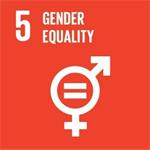
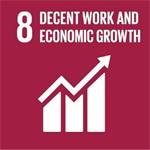
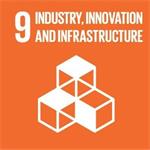
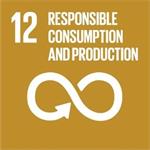
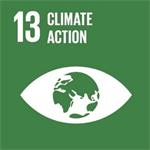
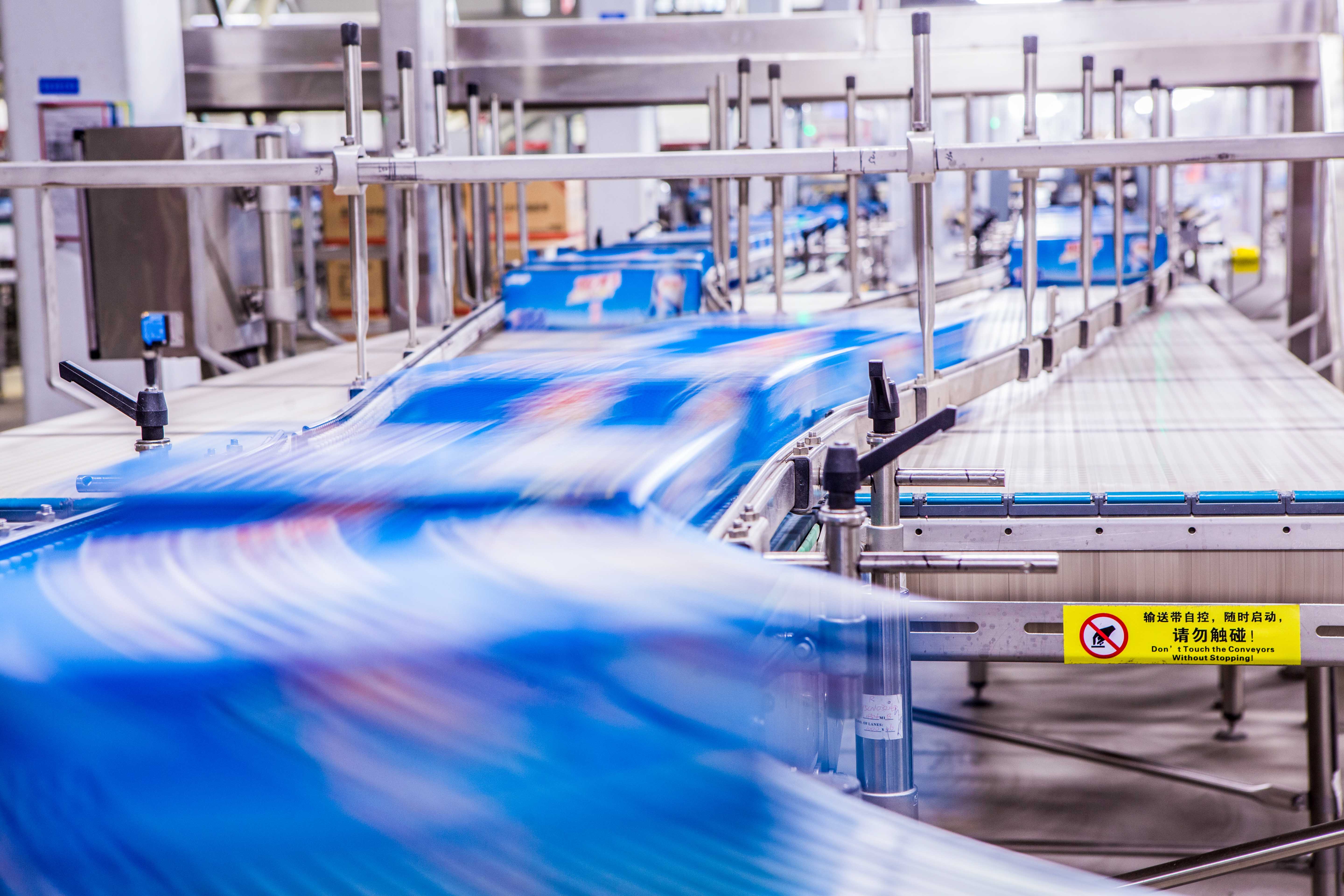


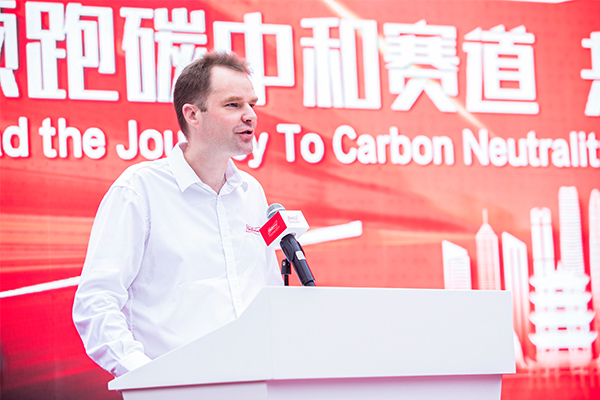
We will continue to pilot initiatives and work closely with our packaging suppliers to drive lightweighting,returnability, recycled contents and recyclability of our packaging. We will leverage our expertise to influence local governments to support the use of recycled materials in food-grade packaging and recyclers to improve recycling rates. To extend our efforts on secondary packaging and post-consumer waste we seek to transform public attitudes towards waste and circularity.
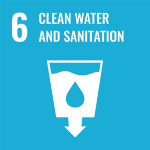
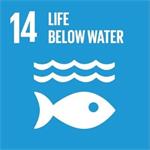
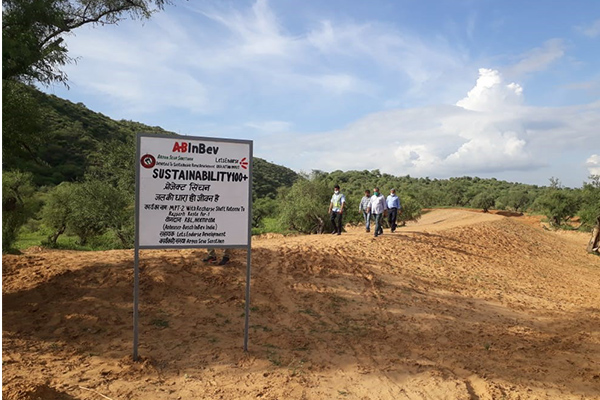



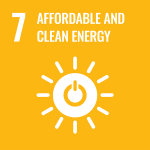
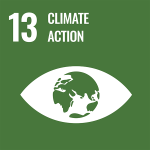
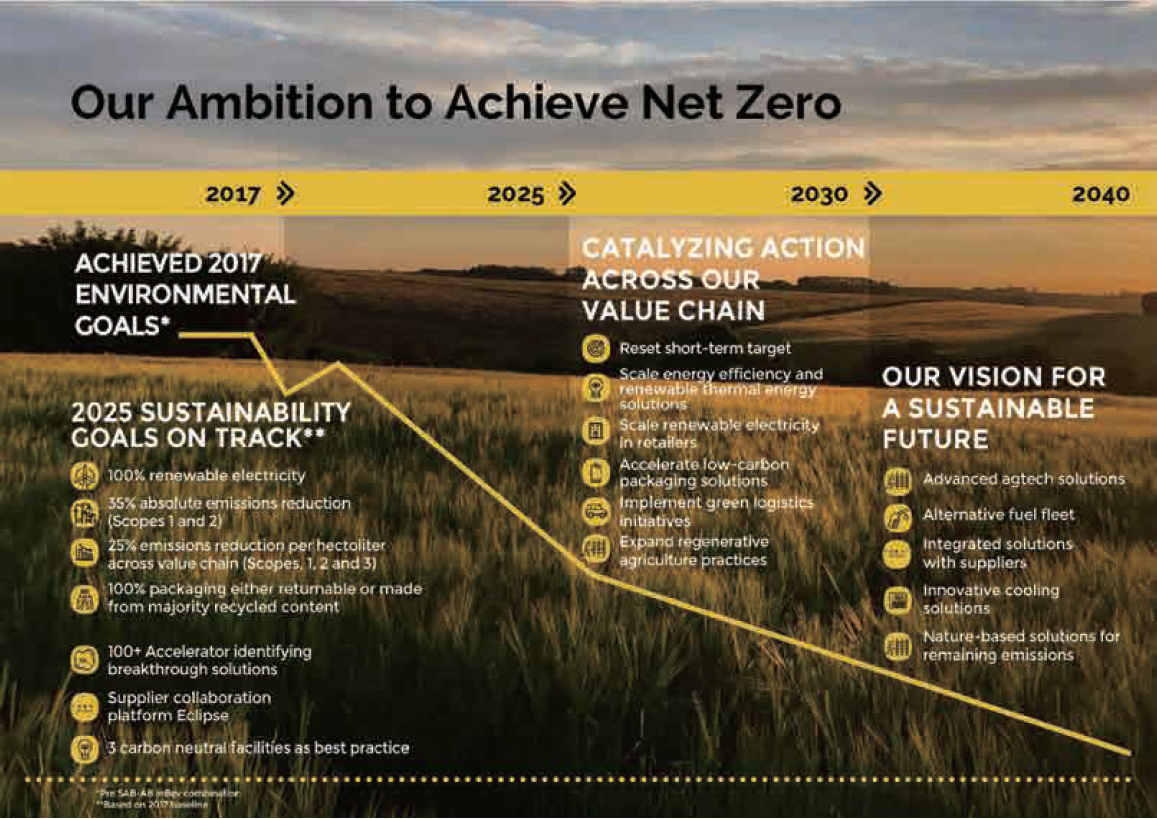
·In South Korea, three breweries are contracted to implement solar panels for the on-site generation of renewable electricity, with one brewery started installation in 2022. All of the forklifts used in our breweries are powered by electricity instead of diesel.
·In India, five breweries in India have in installed solar panels for the on-site generation of renewable electricity. The solar panels installed in the five breweries generated a total 11.6 million kWh of electricity in 2022.
·In Vietnam, two breweries have installed on-site solar panels for the on-site generation of renewable electricity. The solar panels installed in the two breweries generated in total 1.3 million kWh of electricity in 2022.
·We work closely with our farmers to support sustainable farming practices through crop management, improved varieties and risk mitigation tools, whilst one of our supplier is also exploring carbon sequestration as a method to offset residual carbon emission for achieving net zero.
·We are building a soil health framework to promote carbon sequestration through healthy soils and plantations. We are using both our internal experts and our global partners to enhance our approach to soil regeneration in our agricultural development program. We joined the Climate Change Agriculture & Food Industry Partnership (CCAFIP) this year as an industry leader on climate action.



We see ourselves as part of the global climate action to turn pressing climate-related risks into inspiring opportunities that not only reduce our own footprint but also help our value chain and communities to adapt.
Moving towards net zero, our decarbonization plan will focus more on ways to influence our partners across the value chain. To do so, we will continue to lend support to explore and implement solutions that are advanced, integrated, innovative and nature-based.
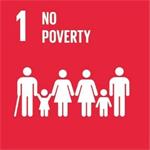
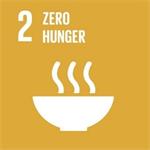
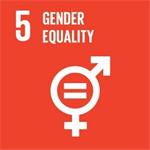
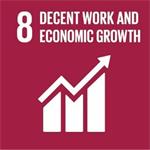

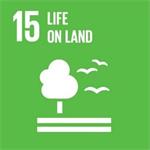

·We are committed to integrating biodiversity into the modernization of the beer industry. 100% of our direct farmers are connected.
·In India, We regularly collaborate with the Indian Institute of Wheat and Barley Research (IIWBR) and the National Skill Foundation of India (NSFI) to further educate our farmers and ensure optimal barley growing conditions. In addition, our Field Officers met with each farmer at least five times per year (totaling more than 4,500 visits). By using technologies such as FOSS, we can guarantee that the barley purchased from our farmers meets our quality requirements.



We will continue digitalizing the supply chain to connect with our direct farmers and developing trainings to instil sustainable farming practices. This will help to support their financial empowerment – a long-term goal of ours. We will amplify our efforts placed on local sourcing and.developmental programs assisting farmers in growing their businesses and accessing the financial tools they need. We will increase the coverage of our soil testing program to maximize the potential of our farmers, support a healthy ecosystem and, ultimately, promote biodiversity.